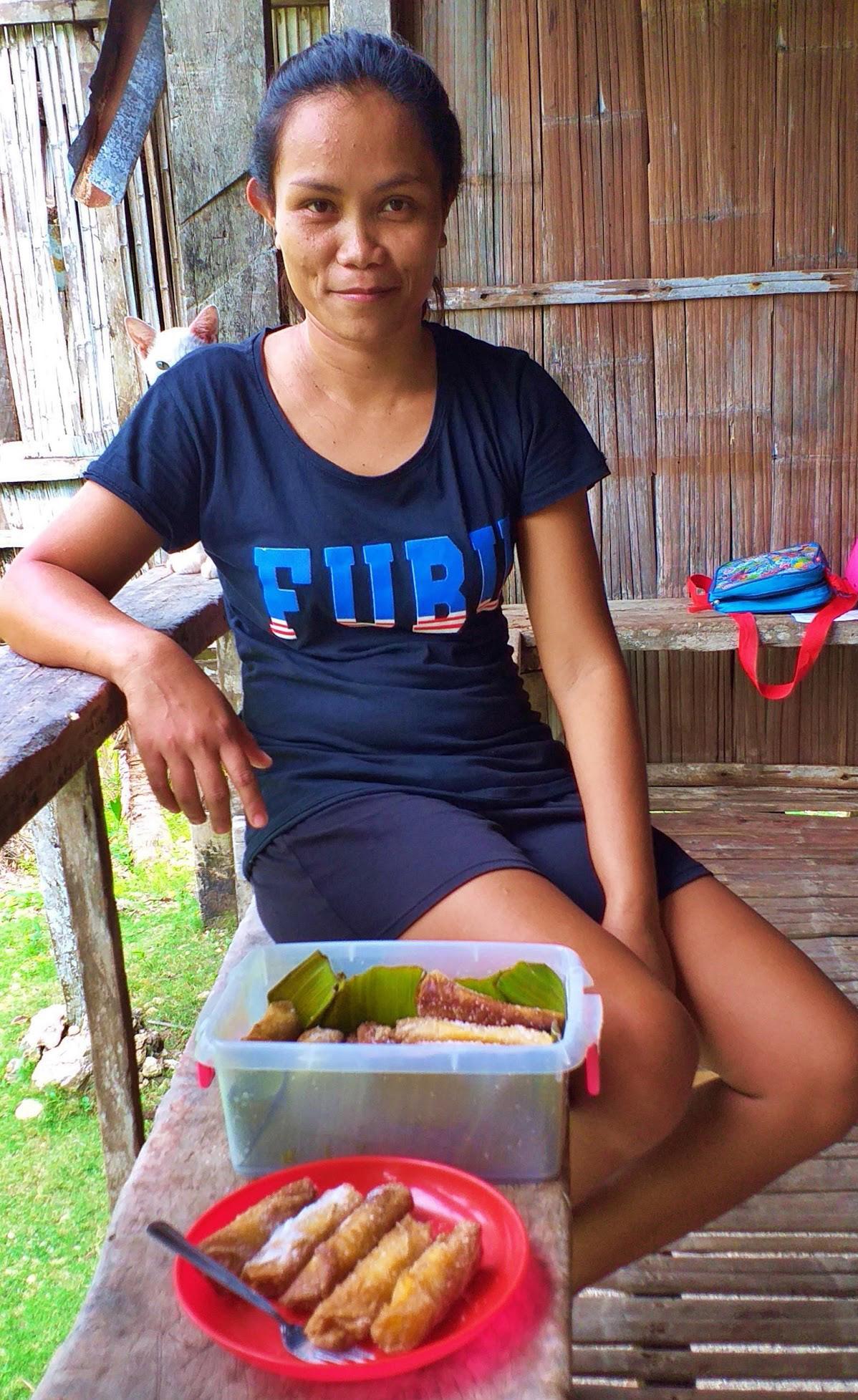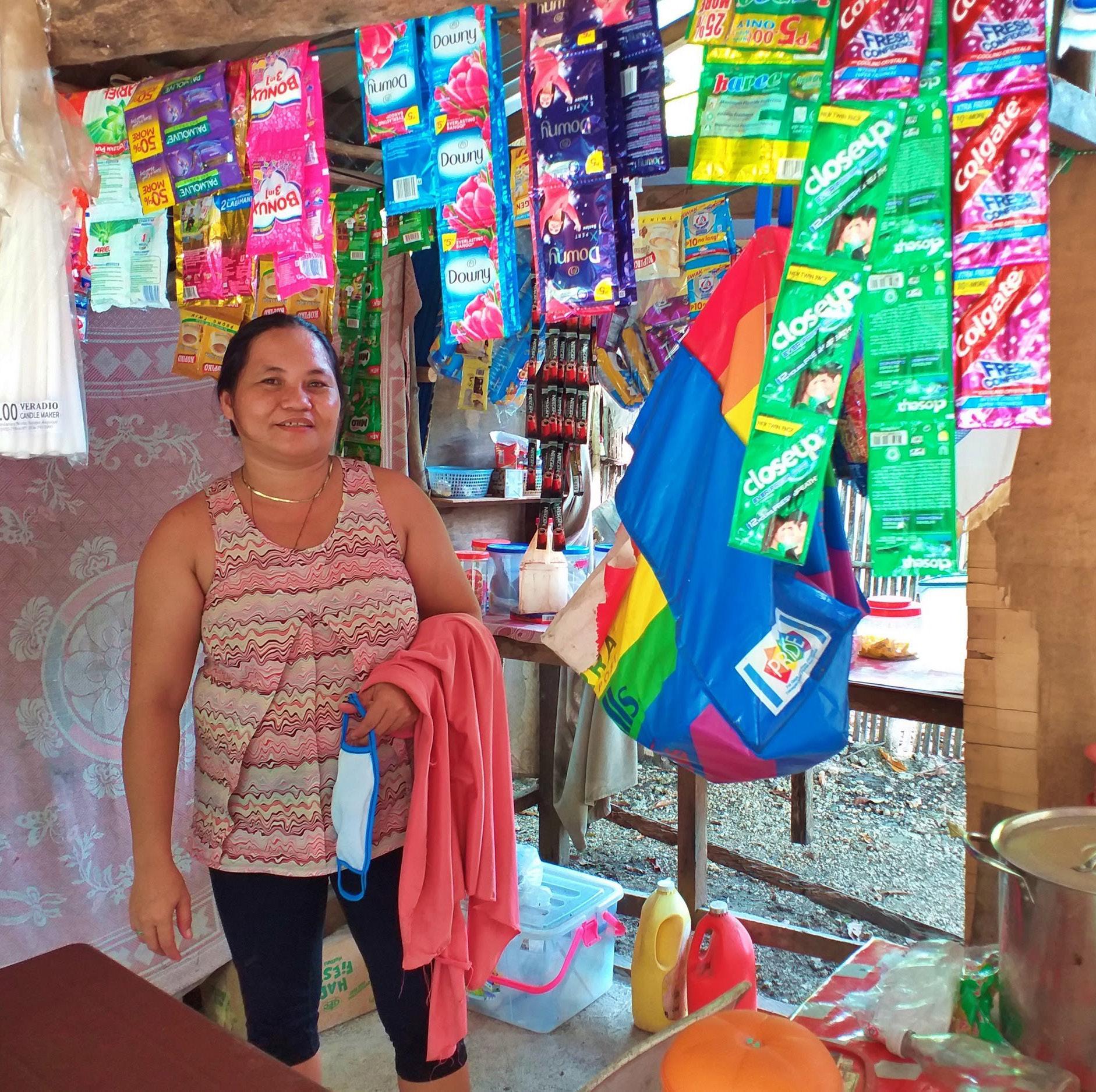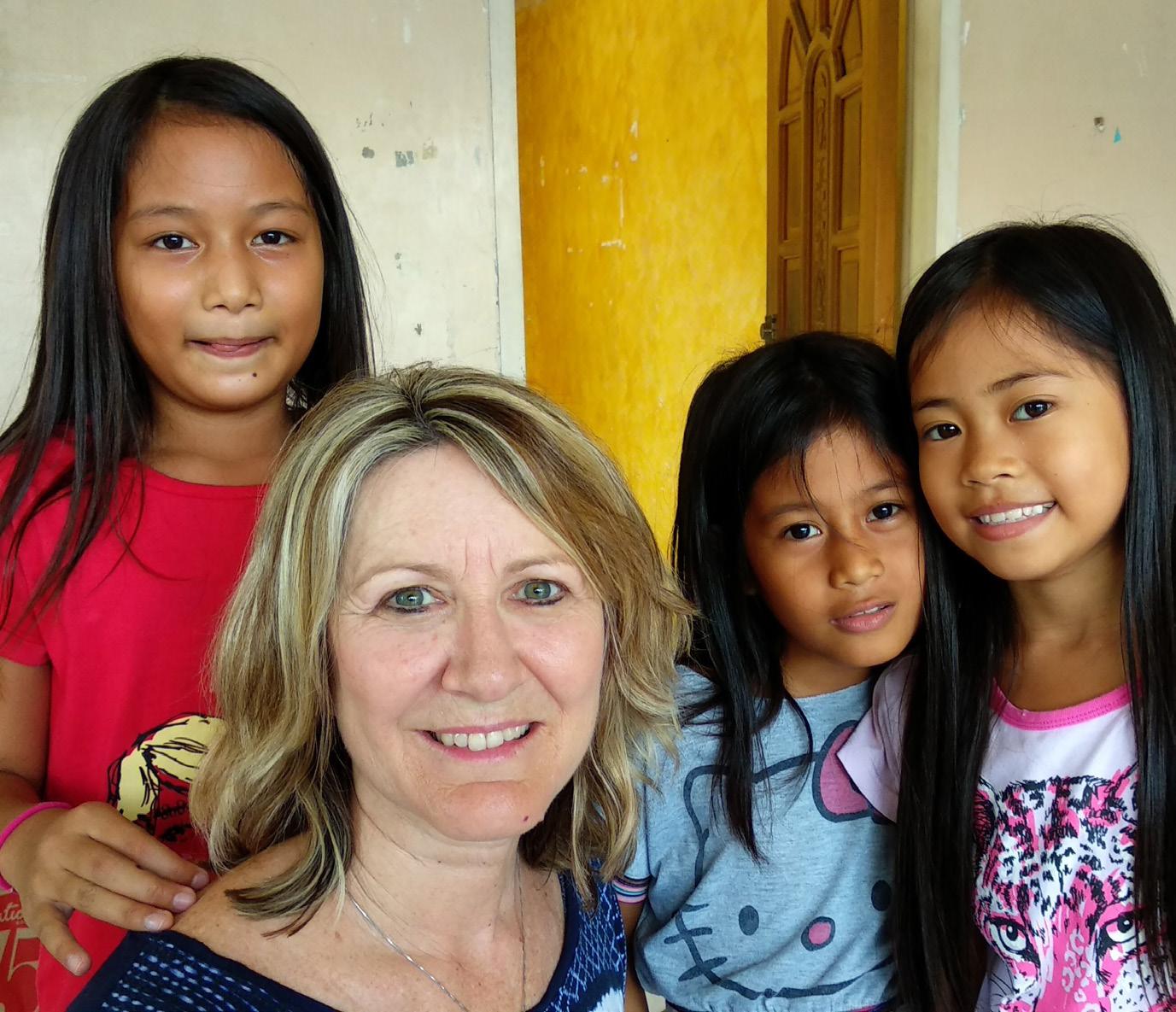
5 minute read
Eradicating Poverty through Microfinance
In a country where close to 30% of the population are living below the poverty line, the Philippines Department of Social Welfare and Development estimates that there are up to 200,000 children, young men and women on the streets of Manila alone, and that at least one tenth are or become victims of human trafficking. Tragically, the Philippines ranks fourth in the world in terms of countries with the highest number of prostituted children (humantrafficking.org Philippines)
Microfinance helps by providing families the opportunity to take out small loans to either start or grow their business. Once they are approved for the loan, they become part of the microfinance community and meet weekly to discuss business ideas and also encourage each other in their daily lives. This strategy not only helps financially but also encourages them to think about what they would like to achieve and how they can do that.
Advertisement
will be ready to support where necessary.
MMILESTONES
Following the implementation of a nationwide lockdown on March 16, Filipino households have been on strict home quarantine, mass public transportation has been suspended, and majority of small businesses have closed down. Due to limited movements and transactions, the government has granted mandatory grace periods for all loans due within the lockdown period. In accordance with this and to assist microfinance clients, all loan collections have been suspended for microfinance women and their families.
Nonetheless, challenges persist for most of the women and their families who rely largely on daily earnings from their microbusinesses. As they are not allowed to operate, they are not earning income. Some help has been given in the way of emergency food relief for those in dire need. We are anticipating that many of the women in this program will need added help to get their businesses back on their feet after the lockdown restrictions are lifted and they can once again work their small businesses. We
AND HIGHLIGHTS
67 new women added
2,457 current loans
109 loan groups
70 repaid their loans and are considered poverty-free
Microfinance Eradicating Poverty through
Coming Up with New Ideas
Irene with one of her best-seller snacks

Irene recently joined the Microfinance project. Her small business is selling shoes, clothes, and cosmetics. Because of the pandemic, she was forced to stop taking orders because the businesses selling non-essential goods were banned to operate. Using the income from her last batch of sales, she started food vending.
Since she already had contacts in her area, her food vending business was quick to grow. She shares that she cooks 5 times a day, with a varying menu to cater breakfast, lunch, dinner and snacks. Some of her bestsellers are Turon (crispy banana wrap), Camote Cue, Pancit (noodles), and Visayan Coco Bread. With this new venture, she is averaging 500 to 700 pesos [AU$14-20] a day in income.
She is grateful to be part of this program and feels supported to succeed. She’s saving up now to invest in a good oven for her best seller Visayan Coco Bread and to buy more food bowls for food storage.
Estrella entered the Honor 1000 Microfinance Program in 2016. Prior to this, she and her husband earned their income only through their little convenience store, and by peddling fertilized duck eggs. Despite this, their earnings were just enough for the day’s needs. When she received her first microloan, she tried venturing into cooking and selling rice cakes. Seeing a growth opportunity, she decided to invest more capital and was able to eventually secure her own stall in a market. Her husband also started delivering the delicacies in a neighboring city. This became their primary source of being able to provide a good education and a sustainable future for their two kids.
However, this was halted due to the pandemic. At the start of the community quarantine in provinces in the Philippines, they were still able to cross to the next town where most of their customers are since they were selling food – categorized under essential goods allowed for continuous operations. However, as the local government strengthened precautions, they were unable to peddle their goods, which greatly affected their income.
While she and her family are struggling through this pandemic, they are grateful for relatives who are able to assist them with basic needs. Despite this challenging time, Estrella remains hopeful that this too shall pass and they will be able to recover from this crisis and get her small business back on track again.
Keeping a Positive Outlook

Image by Clem Onojeghuo on Unsplash
From Strength to Strength
In the last update, we featured Alma and her growing food business which caters primarily to students and teachers. Her main place of sale has been at schools. But because the pandemic has forced schools to cease operations, Alma was faced with a new challenge.
Driven not to be defeated by the pandemic, Alma moved all her stock from the school to her home sari-sari store (a small convenience store) and started to adjust her sales opportunities. With the loan capital she received from her most recent microloan, she purchased a freezer and extended her sari-sari store. The new freezer allowed her to add more frozen products that are very saleable in her area. Most people do not go to large supermarkets in fear of the virus, so Alma’s sari-sari store was the go-to place in her area. With the added income from the frozen products, she was able to start on her food vending as well. Now that lockdown restrictions are lifting, she is able to go from house to house selling snacks and other food she prepared for the day. During this time, Alma has been able to adjust her small business and still make an income. Her next goal is to extend her home sari-sari store to have a place where people can sit and dine.
Alma shares that during the months where her business was not able to operate, she was still able to save her income and set aside repayments for her loan. Because of the low interest rate of the program, Alma knew this was more than just a loan but rather an opportunity for her to pull herself out of poverty from people who believe in her and her family.
Alma in her extended sari-sari store at home








